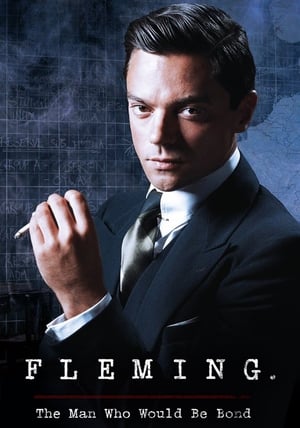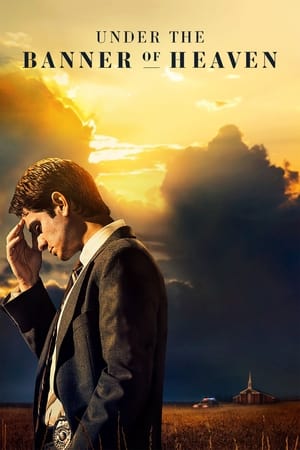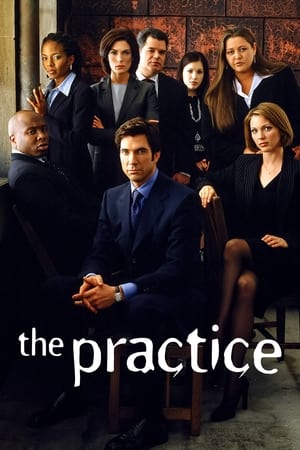Overview
Fascinated by cars since childhood, Brazilian racer Ayrton Senna became a sports legend — until tragedy struck, changing Formula 1 forever.
Reviews
Senna (2010), directed by Asif Kapadia, is an extraordinary documentary that provides a breathtaking look at the life and tragic death of one of the most influential and charismatic figures in the world of motorsport, Ayrton Senna. Through compelling archive footage, race highlights, and poignant narration, the film gives us an intimate portrayal of Senna's journey, not only as a world-class racing driver but also as a deeply spiritual and morally driven individual. It captures his struggles, triumphs, and the personal sacrifices that defined his character, painting a portrait of a man whose passion for racing and strong beliefs went hand in hand. Kapadia's film stands out because it goes beyond the usual sports documentary; it is a story about ambition, sacrifice, and integrity, delivered with emotional intensity and an incredible level of intimacy.
The documentary begins by detailing Senna's rise to prominence in the world of Formula 1, offering rare footage from his early career, including his time racing for Toleman and Lotus before his meteoric rise with McLaren. The focus is not solely on his victories and on-track performance, but also on his inner battles, his moral convictions, and his approach to life both on and off the racetrack. From his early days, Senna was not just another driver in the competitive world of Formula 1; he was a man with a mission — a man determined to win, but also to influence the sport and the people around him in meaningful ways. His rivalry with Alain Prost, a fierce and calculated competitor, became one of the most talked-about aspects of Formula 1 in the late 1980s and early 1990s, and the film beautifully documents this intense relationship, showcasing the highs and lows, the triumphs and the controversies, that defined their legendary rivalry.
What truly sets Senna apart from many other documentaries is its ability to bring us so close to its subject. The film uses a unique combination of archival footage, including footage never before seen by the public, to offer an incredibly personal glimpse into Senna's life. The footage, combined with thoughtful narration, lets viewers experience Senna’s passion and intensity, both on and off the track. As Senna competes in some of the most iconic races of his career — including his unforgettable victories at Monaco and his dramatic 1991 victory at the Brazilian Grand Prix — the audience gets a sense of the immense pressure he faced. The way Senna's dedication to racing is intertwined with his spiritual beliefs and his commitment to helping his home country of Brazil is a central theme that runs through the film, elevating it from just another sports documentary to something more profound and human.
Senna's personal struggles are given ample attention in the film as well. His decision to speak out against the politics of Formula 1, including his outspoken criticism of the sport’s governing body and its influence on race results, is portrayed in a way that emphasizes Senna’s desire to protect the integrity of the sport he loved. Throughout the film, we see Senna not only as a fierce competitor but also as a man who believed in something larger than himself. This aspect of his character was apparent even before his tragic death at the 1994 San Marino Grand Prix, where his passing sent shockwaves through the entire motorsport world. The documentary doesn’t shy away from this devastating moment, using it to reflect on Senna’s life and legacy. His death marked a turning point in Formula 1, leading to major safety reforms and raising awareness about the risks that drivers took in the pursuit of victory.
The tragedy of Senna's death is treated with the utmost respect in the film, which doesn’t sensationalize or exploit the event but instead uses it as a reflective moment. The film concludes by honoring Senna’s life and what he meant not only to his family, friends, and fans but to the sport of Formula 1 itself. It also highlights the long-lasting impact that Senna’s death had on the motorsport community, leading to significant changes in safety regulations that would ultimately save countless lives. The documentary underscores the fact that Senna’s death was not just a personal loss but a turning point in the sport, marking the end of an era.
As a piece of filmmaking, Senna is a masterclass in storytelling. Kapadia’s direction, combined with the outstanding editing, pacing, and use of archival footage, creates a documentary that is both thrilling and deeply emotional. The editing is particularly effective in building the tension of the narrative, particularly during the most intense moments of Senna’s races, but it also takes time to slow down and reflect on his personal life and philosophy. The soundtrack, which features a mix of Brazilian music and period-appropriate tracks, adds an emotional layer to the film, enhancing the sense of nostalgia and intensity that defines Senna’s story. The visual style, which makes use of vintage footage from races, interviews, and other behind-the-scenes moments, adds to the sense of immersion, making it feel like the audience is watching Senna’s journey unfold in real time.
Ultimately, Senna is much more than just a documentary about a legendary race car driver; it is a film about passion, integrity, and the relentless pursuit of excellence. It tells the story of a man who was not only one of the greatest drivers to ever grace the racetrack but also someone who used his platform to challenge the status quo and speak out for the things he believed in. The film’s emotional resonance is amplified by the personal footage that allows viewers to connect with Senna not just as a public figure but as a human being. His dedication to his craft, his love for his family, and his commitment to helping others are themes that transcend the world of racing and make Senna a film that anyone can relate to, regardless of their interest in motorsport. It is a fitting tribute to a man whose legacy continues to inspire and whose impact on the world of motorsport and beyond remains profound.

 Portuguese
Portuguese
 8.1
8.1
 2024
2024
 Brazil
Brazil
 Ectaymech wrote:
Ectaymech wrote:


















